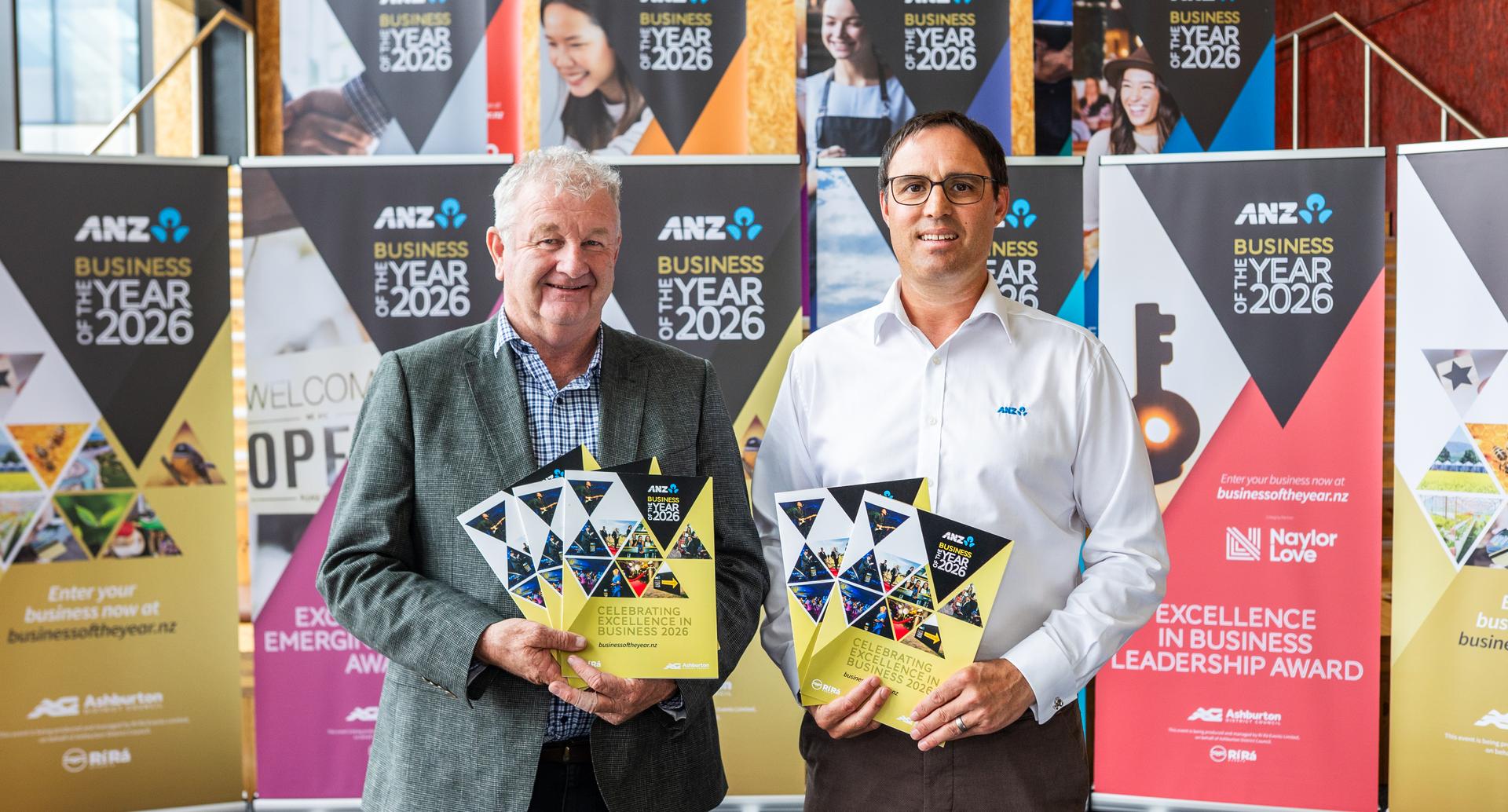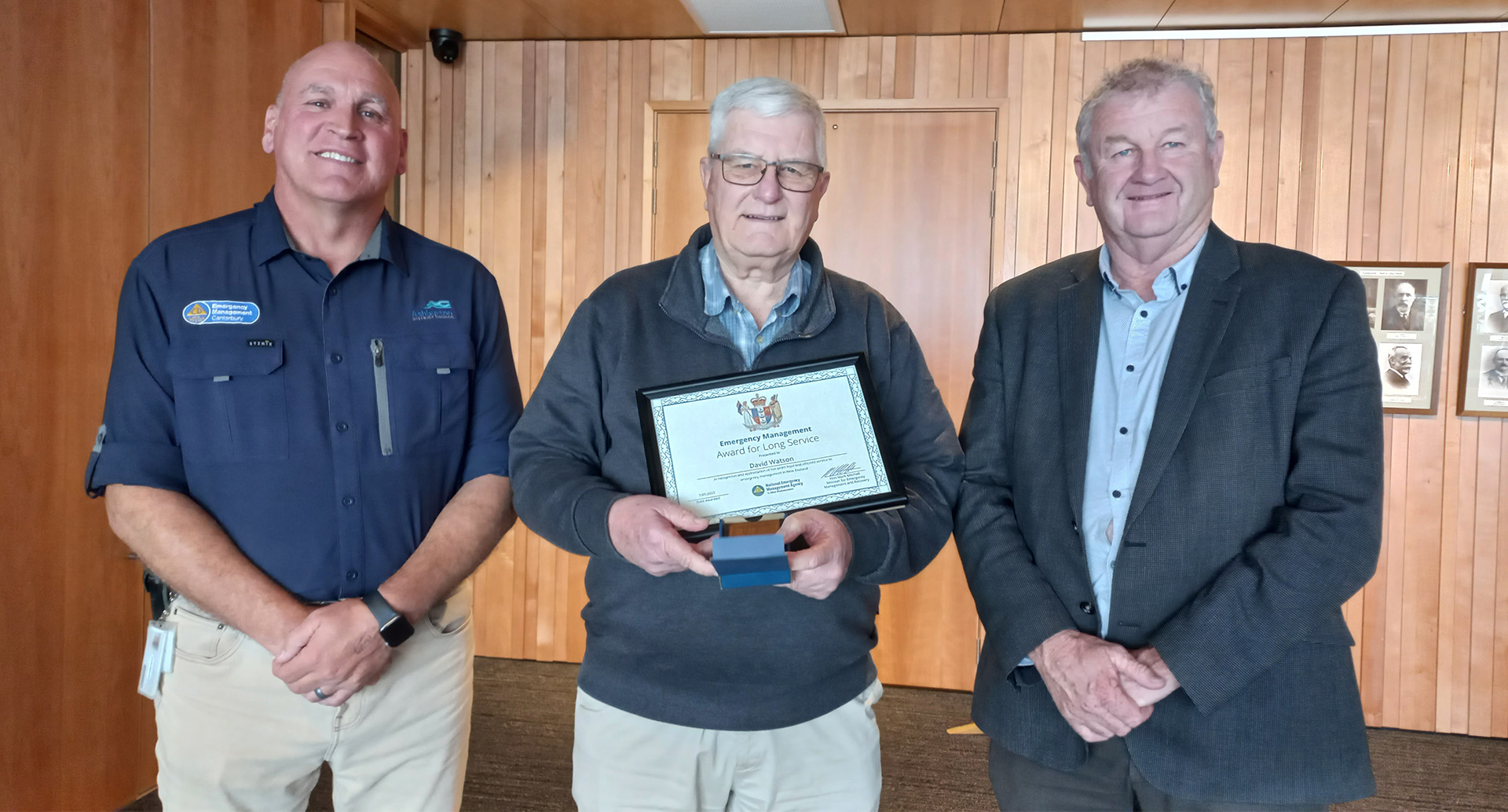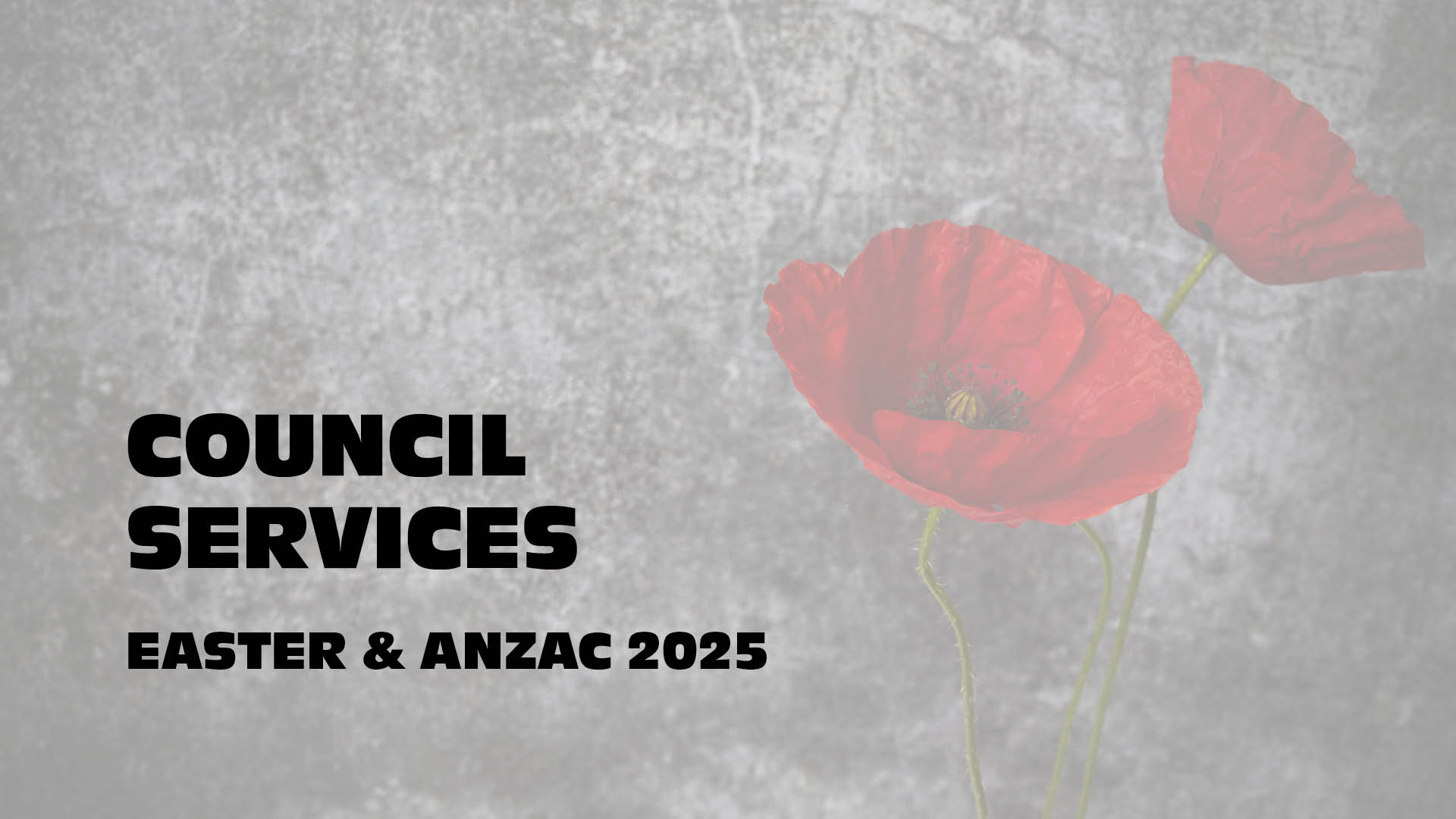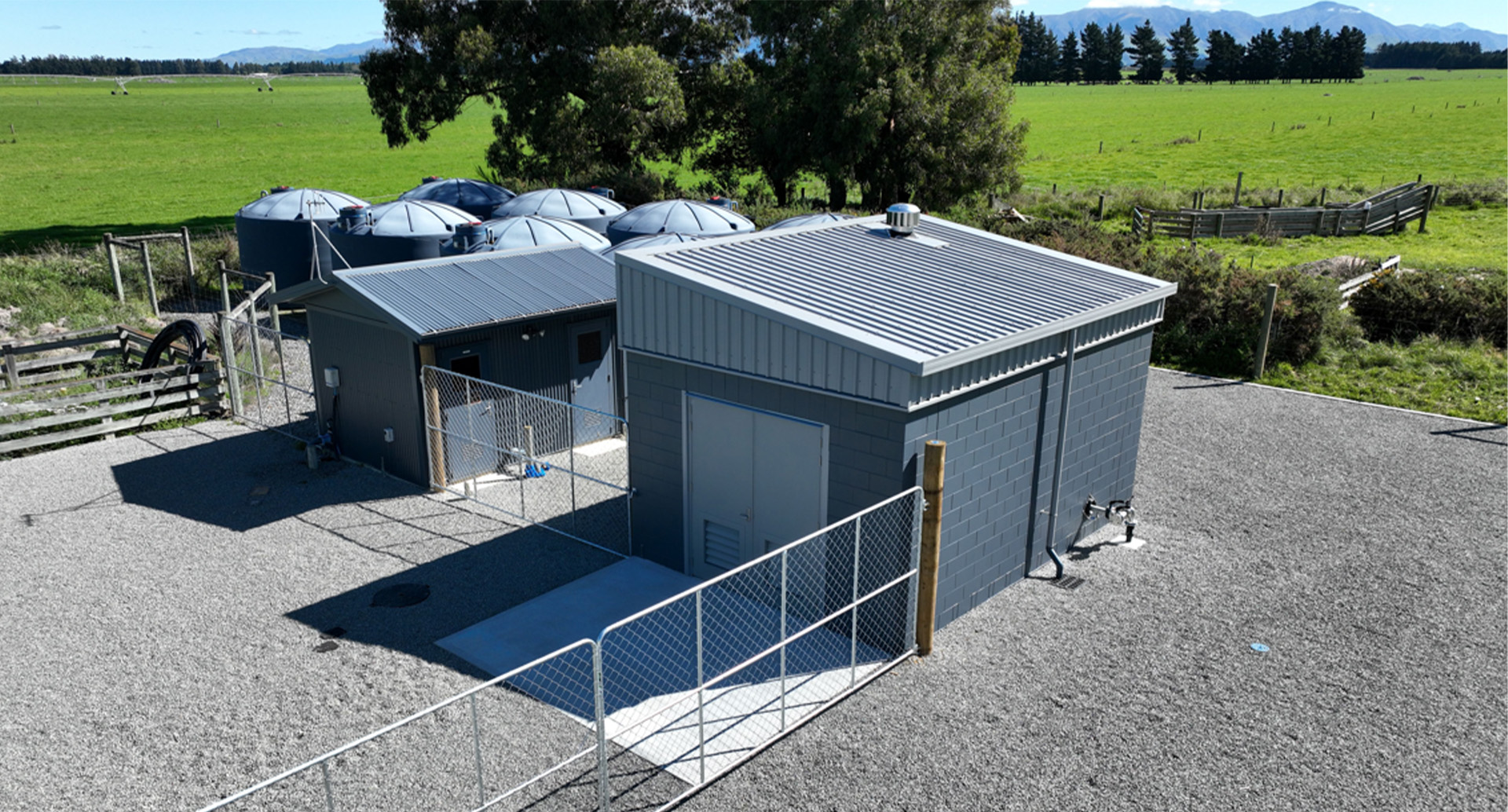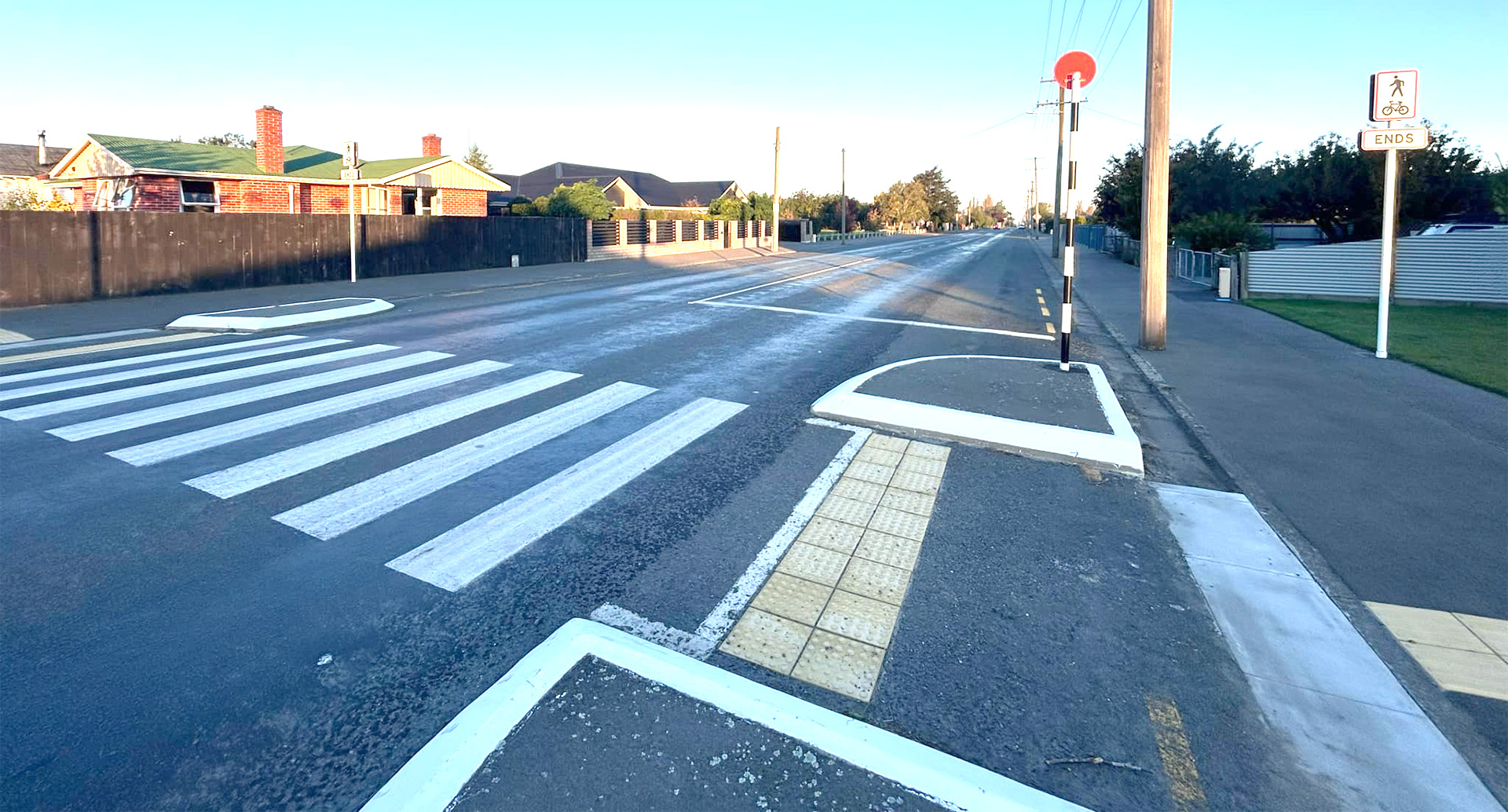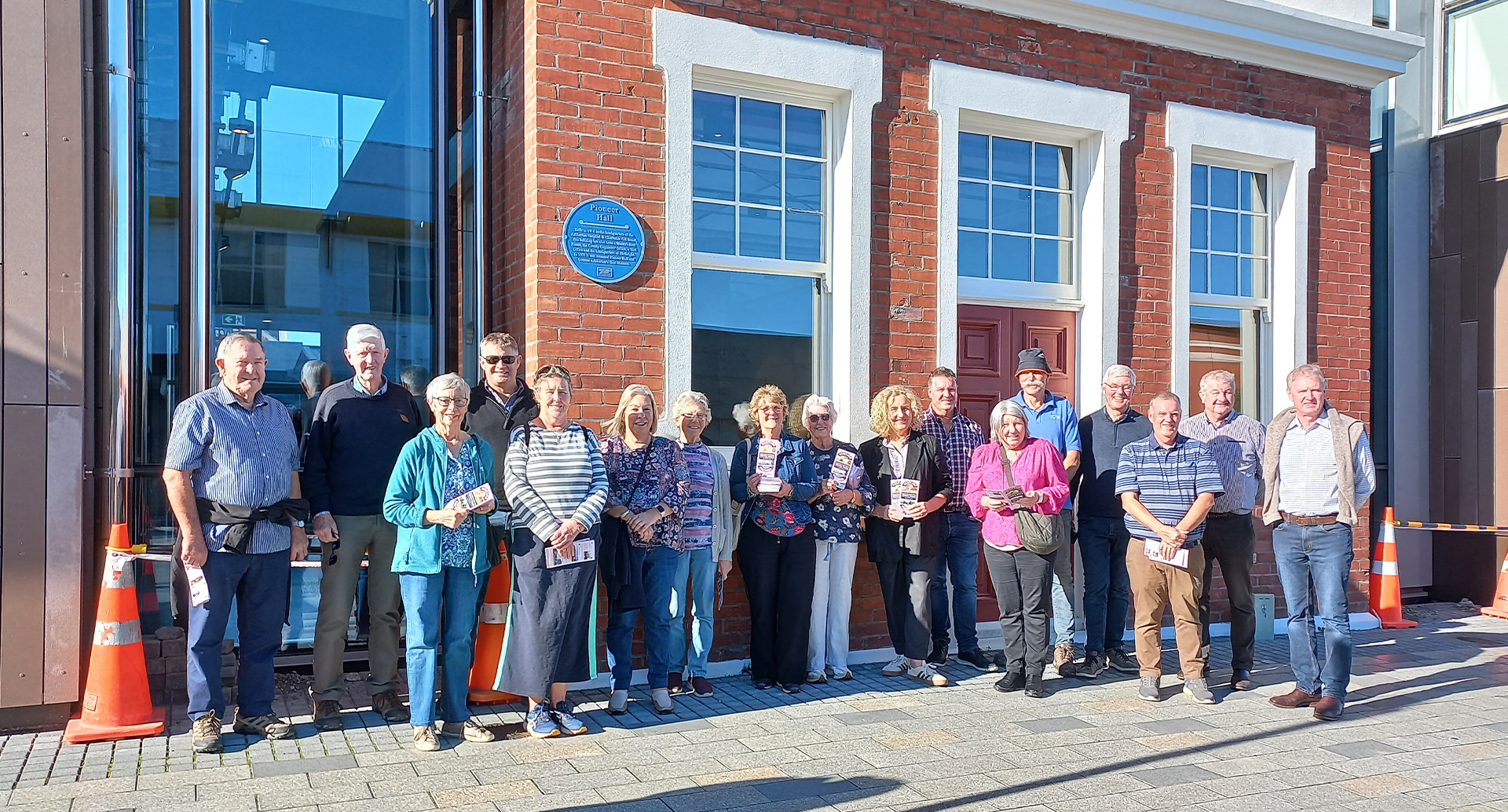New Timaru plant welcomes Ashburton District's recycling
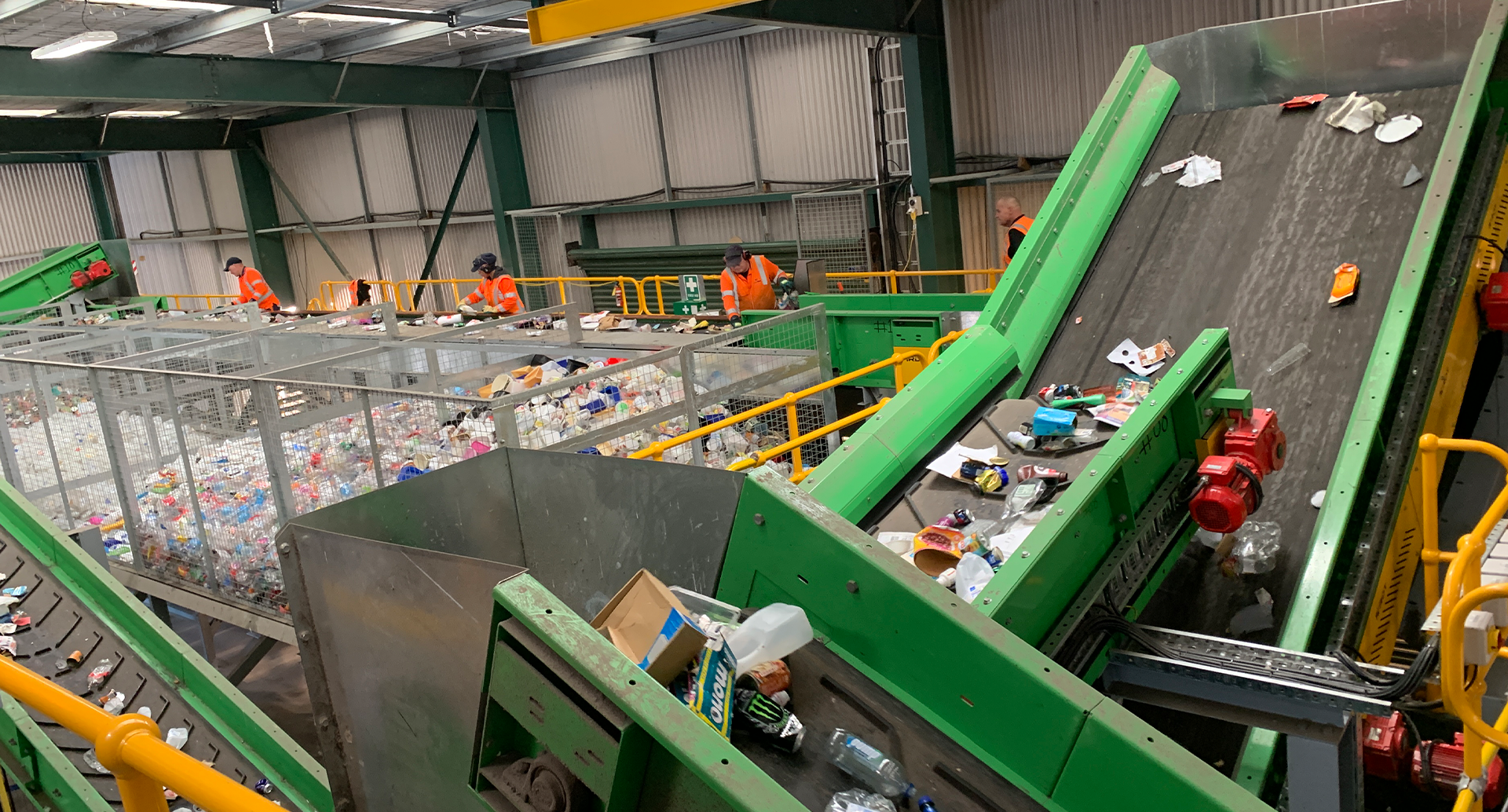
Kerbside recycling from Ashburton is now being sorted by a new $3.8 million materials recovery facility (MRF) in Timaru.
The plant was officially opened this month and is operated by EnviroWaste. It receives kerbside recycling from Ashburton, as well as Timaru, Waimate, Mackenzie and Central Otago district councils, along with recycling from commercial businesses.
The plant sorts mixed plastics, aluminium and steel, and paper and cardboard and has the capacity to process five tonnes of material an hour.
Ashburton District Council sends seven truckloads of kerbside and rural recycling (an average of 22 tonnes) to the plant each week and Infrastructure Services
Group Manager Neil McCann said the aim was to send more as people upped their recycling habits.
“We know from audits of kerbside rubbish bins that we could be recycling more and this new plant certainly has the capacity to deal with it.”
Council has recently updated its Bin it Right booklet, which contains helpful advice about how to recycle more and minimise waste.
“Council staff visited the new Timaru plant recently and were impressed by the machinery’s ability to sort the materials. It was also a good to see that kerbside recycling, done correctly, can be easily processed.”
Material is loaded onto conveyors and sorted by machine and by hand, and items that can’t be recycled are removed. Paper, cardboard and other flat items move through a fibre optical sorter, and large magnets remove steel cans.
Separated materials are fed into a baler and compressed, ready to transport to markets.
EnviroNZ CEO Chris Aughton said household and commercial recycling required sorting on a large scale, but was an everyday act of environmentalism that reduced waste and kept some products and materials in use.
“Our new materials recovery facility is a piece of critical regional infrastructure that expands local recycling capabilities and supports community sustainability solutions. It keeps valuable resources in circulation and reduces the amount of waste that ends up in landfill.”
Once sorted and separated, recyclables are sent to local and international markets so they can have a second life.
Mr Aughton said plastics were transformed into new products that are used by the likes of food producers, farmers and the building industry, while glass bottles and jars were melted down to make new glass containers.
“Households are a vital link in New Zealand’s shift towards a circular economy.”
Want to know more about our recycling? Check out our most frequently asked questions here.
Share this article
Latest News
Council partners with ANZ for business awards
Volunteer civil defence radio operator's long service recognised
Mayor: Keep up the water services feedback
Council services over Easter and Anzac Day 2025
Mayfield water treatment plant upgrade goes live
Road Closures
BLANDS ROAD
from 17 May 9:00 to 17 May 16:30
WITHELLS ROAD CLOSURE
from 17 Apr 6:00 to 9 May 18:00
EALING ROAD CLOSURE
from 17 Apr 6:00 to 9 May 18:00
TREVORS ROAD
from 7 Apr 7:00 to 27 Jun 18:00
FRISBYS ROAD
from 28 Apr 8:00 to 28 Apr 19:00
View all Road Closures | Live map
